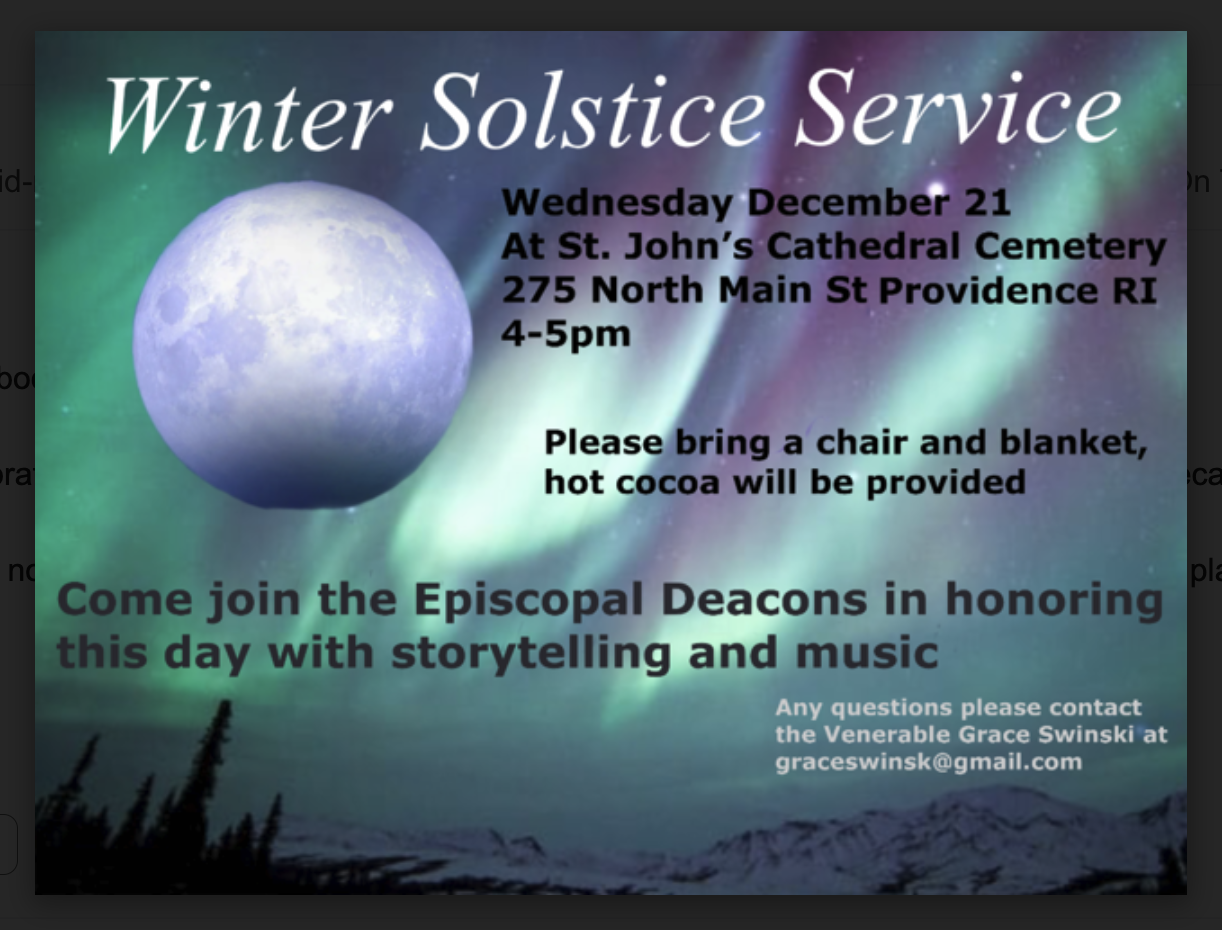At least once a year, back in the days when I was in a newsroom full-time, I would have a semi-argument with an editor about this question: Are debates about worship issues “hard news”?
Every now and then I would win and we’d run a story — like a feature about United Methodists arguing about gender-neutral language for God (this was in the 1980s). When it ran, all hellfire broke loose, which convinced some editors that I was right. Others, however, were upset that so many readers disagreed with their conviction that a religion-religion story was news, as opposed to religion-politics stories.
This brings me to Christmas — which is on a Sunday this year. This has led to some interesting polling and emotional online debates, but, so far, not much news coverage about the central worship question: Should churches celebrate Christmas on Christmas, even if Dec. 25 falls on a Sunday? This was the hook for this week’s “Crossroads” podcast (CLICK HERE to tune that in).
Research? The team at Lifeway Research has done two studies linked to Christmas worship. For example, see this Baptist Press headline: “Most churches plan to open on Christmas and New Year’s Day.” I wrote a column the other day with this headline: “When is Christmas? That depends on the person asking.”
Back to the question about worship being news. You end up with an equation that goes something like this:
* Flocks of people attending Latin Mass rites is not news.
* The pope questioning the motives of traditional Catholics who support the Latin Mass is news.
* A major American political leader — Joe Biden, perhaps — supporting the pope’s take on the Latin Mass would be big news.
See how this works? You can see how this would apply to the whole “When is Christmas?” debate. It matters to millions of people in pews. It doesn’t matter to the political desk.
However, Christmas is a force of nature that affects millions of people around the world. I predict, for example, coverage of this valid topic explored by The Guardian: “Orthodox church of Ukraine allows worshippers to celebrate Christmas on 25 December.” Spot the equation at work:
For centuries Ukrainians have celebrated Christmas on 7 January, the date on which Jesus was born, according to the Julian calendar.
But following Vladimir Putin’s invasion in February, the Orthodox church of Ukraine is allowing its congregations for the first time to celebrate Christmas on 25 December, in a move away from Russia and towards the west.
Of course, there are two major Orthodox bodies in Ukraine — one with centuries of historic, canonical ties to Russian Orthodoxy and a new body recognized by the Ecumenical Patriarchate in Turkey and, well, the United States and the European Union. The key:
The move to 25 December is part of a bigger national process of dismantling the symbols of Russia, the Soviet Union and communism, which took off in 2014 when [Vladimir] Putin annexed Crimea and kickstarted a pro-Moscow uprising in the eastern Donbas region.
In short, Christmas plus bullets is news. This debate was real — but not news — before the invasion.
What about Christmas stories that are clearly religious and are linked to non-political or SEMI-political trends and issues?
For example, if a progressive Christian flock celebrates the Winter Solstice — perhaps even using language or images that flirt with modern takes on paganism — is that a news story?
I would say “Yes,” and I think legions of readers would agree. Ah, but what if a Winter Solstice rite was observed at the White House, in cooperation with faith leaders from the cultural left? Would that be news? Of course.
Now, what about these two stories from Religion News Service?
First, there is this headline: “This Advent, churches urged to assess worship for inadvertent antisemitism.” Here is a sample:
Much of Christian preaching today acknowledges a Jewish Jesus born into an expressly Jewish context, but also implicitly paints a portrait of a Jesus whose arrival made Judaism obsolete.
The distinction is critical, scholars say, because framing Jesus in opposition to Judaism easily leads to envisioning Christians in opposition to Jews — a common motivating theory in white supremacist ideologies.
Thus, centuries of theological debate (and abuse) meets a hot political topic. News!
Let’s see that again, with this RNS offering: “With race in mind, Christians reconsider language of dark and light at Advent.” Here is a sample of that:
The Rev. Bruce Reyes-Chow has always been bothered by Advent’s emphasis on the imagery of light and darkness.
For at least the last decade, the Presbyterian Church (U.S.A.) pastor has been urging other clergy to be thoughtful in how they use the language — often equating light with good and dark with bad — during the liturgical season of Advent in the roughly four weeks leading up to Christmas. …
The conversation about that Advent imagery of dark and light — and how readily it can be associated with skin color — is one many Christians are having years into a racial reckoning for both the church and the country, sparked by the murders of George Floyd and other Black people in 2020.
This leads, of course, to questions: Define “many Christians”? Who? Where?
I would ask: Are the thriving, growing and increasingly powerful churches of Africa debating this issue? Do Christians around the world see images of “eternal light” as a symbol of White supremacy? Or is that more of a newsroom thing?
The basic idea here: “Christmas” itself is not news. What journalists need is, to paraphrase C.S. Lewis, “Christmas AND,” as detailed in “The Screwtape Letters.” And the more political DNA in the “AND,” the better.
Enjoy the podcast and, please, pass it along to others.
FIRST IMAGE: A handy guide at Calendarpedia.com



